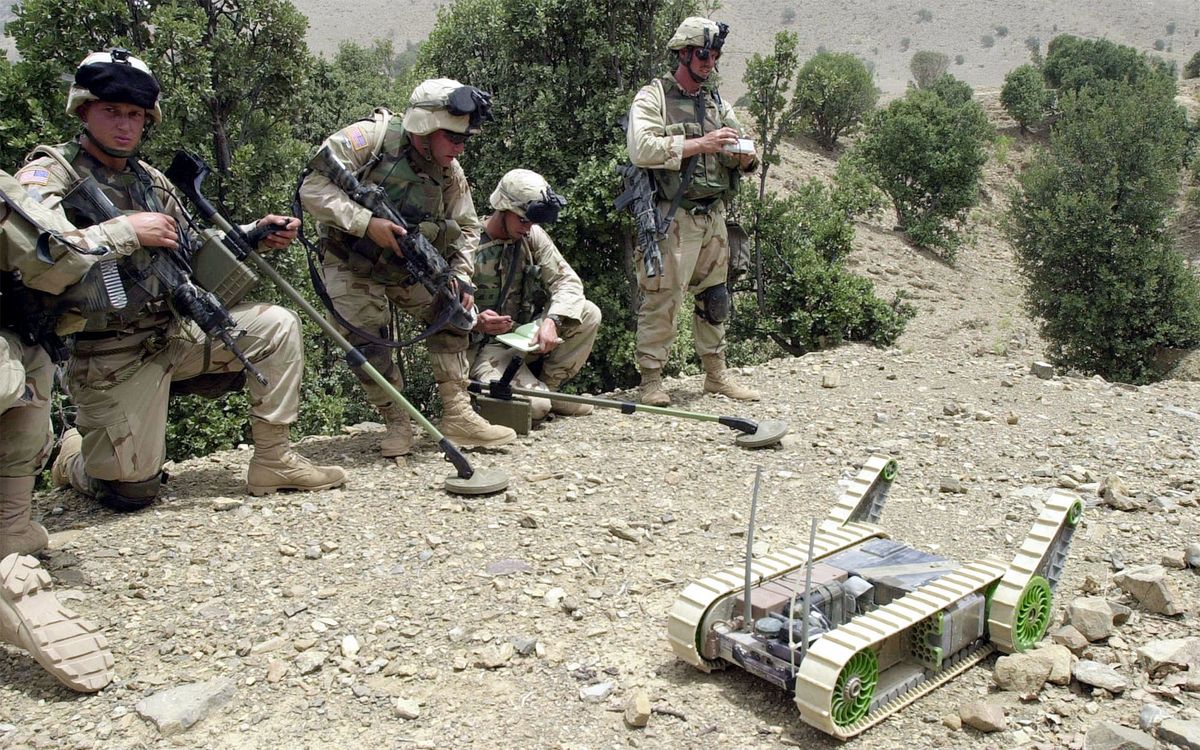Apparently, if you bought a Starbucks coffee in the one of the 7,800 company stores in the US and Canada over the US Memorial Day weekend last month (22 - 23 of May) using a debit or credit card, you were charged twice, according to a story in today's USA Today.
Starbucks discovered the problem by Sunday, the 24th of May, but because of the extended holiday weekend, couldn't begin to correct customer accounts until Tuesday the 26th. Starbucks said that it had straightened out all the charges by Friday, the 29th of May. Starbucks refused to say how the problem happened (in fact, there is nothing about it on its website interestingly) although it said it "sincerely apologized" to the 1 million or so customers affected.
Now, was that apology made before or after the USA Today was going to run a story about it?
Well, it could have been worse.
You could have tried to purchase a StenaLine ferry ticket from Belfast, Northern Ireland to Stranraer, Scotland using StenaLine's special web-only fare discount promotional code a few weeks ago. The ticket would have only cost you £10,823,000,335,693,400.
I would have hated to see what the full priced fare was.
The story in the BBC reported that StenaLine "blamed a glitch in the system caused when a promotional code produced a decimal point in a price."
I'm still trying to figure out which decimal point was out of place, given that a standard fare two adults and one child and their car is reportedly around £150.
StenaLine said the problem had existed for at least a week at the time of the BBC report, and that a "fix is being developed for the problem and will be put in place as soon as it is suitable."
Hmm, must be some pretty complex website code.
Robert N. Charette is a Contributing Editor to IEEE Spectrum and an acknowledged international authority on information technology and systems risk management. A self-described “risk ecologist,” he is interested in the intersections of business, political, technological, and societal risks. Charette is an award-winning author of multiple books and numerous articles on the subjects of risk management, project and program management, innovation, and entrepreneurship. A Life Senior Member of the IEEE, Charette was a recipient of the IEEE Computer Society’s Golden Core Award in 2008.



